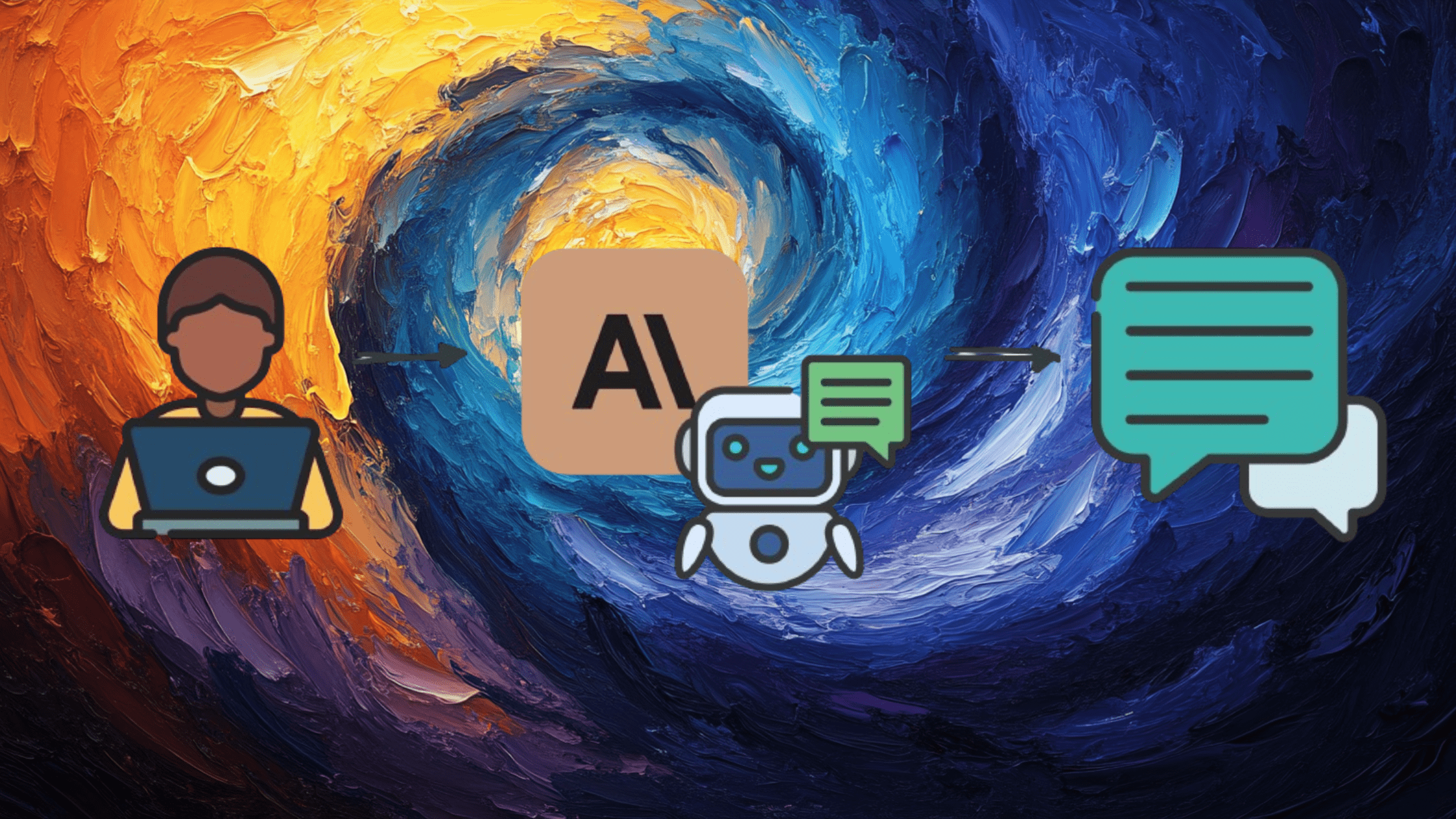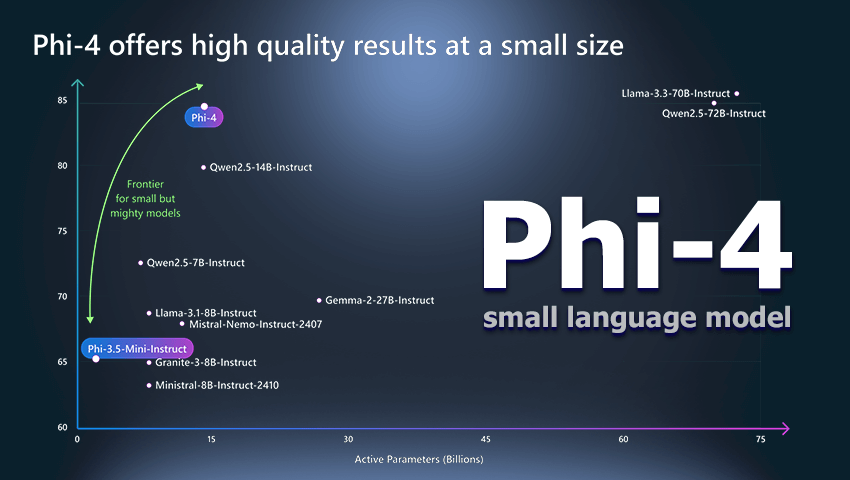Stop Comparing Frameworks and Languages: It’s a Waste of Time
"Why the Debate About .NET vs. Java (or Anything Else) Is Just Noise" Here’s the thing: developers love a good debate. .NET vs. Java. Kubernetes vs. Docker Swarm. Tabs vs. spaces. The tech community thrives on these endless comparisons like it’s some sort of gladiator match where one tool will emerge victorious. Spoiler alert: it won’t. Comparing frameworks, languages, or tools is not just pointless—it’s a colossal waste of time. The long-term reality is that most modern tools are similar enough to get the job done, and the best choice is the one that’s widely supported, well-documented, and has a future. Let me break this down for you. Why These Comparisons Are Useless Arguing about which tech stack is “better” is like arguing whether Coke is better than Pepsi. In the end, they’re both soda, they’ll both rot your teeth, and most people will be fine with either. The same goes for frameworks, languages, and platforms. Sure, there are differences, but those differences pale in comparison to what really matters. Here’s why: 1 Most Tools Solve the Same Problems At their core, most programming languages and frameworks exist to do the same thing: build software. Yes, the syntax or structure might vary, but whether you’re using .NET, Java, Python, or Ruby, you’re still just writing logic, manipulating data, and building interfaces. Choosing one over the other isn’t going to revolutionize your app—it’s just a stylistic choice. 2 The Long-Term Differences Are Negligible Right now, you might think one tool has an edge over another. But fast-forward a few years, and you’ll realize it didn’t matter. Technology evolves so quickly that today’s “winning” tool could be tomorrow’s afterthought. What truly matters is long-term support and a strong ecosystem—not who wins a popularity contest in the short term. 3 The People Matter More Than the Tools A mediocre team using “the best framework” will still deliver bad software. A great team using “an outdated tool” will deliver something extraordinary. The success of a project depends far more on the people building it than the tools they use. The Right Way to Choose Tools If you’re stuck in the endless cycle of comparing tech stacks, stop. Instead, focus on the things that actually matter in the long run: 1 Pick Something with Long-Term Support The best tool isn’t the shiniest one—it’s the one that will still be around in five or ten years. Choose frameworks, languages, and platforms backed by large communities, active contributors, or strong commercial support. Commercial backing can be a key factor, as it often ensures consistent updates, professional support options, and long-term viability. Bet on tools with staying power, not just temporary hype. 2 Choose Tools Backed by Strong Ecosystems or Commercial Initiatives A robust ecosystem or commercial backing makes all the difference. Libraries, plugins, documentation, and community support are critical to speeding up development and solving problems efficiently. If there’s a major company or initiative behind the tool, it’s a sign they have a vested interest in its success and longevity. That’s worth its weight in gold when your project is still running years down the line. 3 Align with Your Team’s Expertise (With Some Caveats) The best tool is often the one your team already knows how to use. However, changing technologies can be a good idea if it aligns with your team’s capabilities. For example, a team accustomed to working with prebuilt frameworks might struggle to adjust to a low-level language or toolset. Similarly, a team comfortable with low-level programming might find overly abstracted tools frustrating or limiting. Choose something that fits your team’s strengths—or invest in growing those strengths if the change is worth it. 4 Think About Maintenance Someone will have to maintain this code in the future—maybe even you. Pick tools that are easy to learn, have clear documentation, and don’t require jumping through hoops to fix bugs or make updates. 5 Prioritize Stability Over Trends Trends come and go, but stability keeps your project alive. Avoid tools that are too new or experimental unless your project can afford the risk. Stick with technologies that have proven themselves over time. The Real Question: Does It Get the Job Done? Instead of debating which tool is “better,” ask a simpler question: Will this get the job done? If the answer is yes, congratulations—you’ve found your solution. The time you would’ve spent debating could now go toward actually building something. Because here’s the truth: your users don’t care if your app is written in Java, .NET, or some niche language you found on GitHub. They care that it works, that it’s reliable, and that it solves their problem. Focus on delivering value, not on winning imaginary tech debates. Closing Thought Stop comparing tools like they’re competing in the Olympics. At the end of the day, most modern languages and frameworks are perfectly capab

"Why the Debate About .NET vs. Java (or Anything Else) Is Just Noise"
Here’s the thing: developers love a good debate. .NET vs. Java. Kubernetes vs. Docker Swarm. Tabs vs. spaces. The tech community thrives on these endless comparisons like it’s some sort of gladiator match where one tool will emerge victorious. Spoiler alert: it won’t.
Comparing frameworks, languages, or tools is not just pointless—it’s a colossal waste of time. The long-term reality is that most modern tools are similar enough to get the job done, and the best choice is the one that’s widely supported, well-documented, and has a future. Let me break this down for you.
Why These Comparisons Are Useless
Arguing about which tech stack is “better” is like arguing whether Coke is better than Pepsi. In the end, they’re both soda, they’ll both rot your teeth, and most people will be fine with either. The same goes for frameworks, languages, and platforms. Sure, there are differences, but those differences pale in comparison to what really matters.
Here’s why:
1 Most Tools Solve the Same Problems
At their core, most programming languages and frameworks exist to do the same thing: build software. Yes, the syntax or structure might vary, but whether you’re using .NET, Java, Python, or Ruby, you’re still just writing logic, manipulating data, and building interfaces. Choosing one over the other isn’t going to revolutionize your app—it’s just a stylistic choice.
2 The Long-Term Differences Are Negligible
Right now, you might think one tool has an edge over another. But fast-forward a few years, and you’ll realize it didn’t matter. Technology evolves so quickly that today’s “winning” tool could be tomorrow’s afterthought. What truly matters is long-term support and a strong ecosystem—not who wins a popularity contest in the short term.
3 The People Matter More Than the Tools
A mediocre team using “the best framework” will still deliver bad software. A great team using “an outdated tool” will deliver something extraordinary. The success of a project depends far more on the people building it than the tools they use.
The Right Way to Choose Tools
If you’re stuck in the endless cycle of comparing tech stacks, stop. Instead, focus on the things that actually matter in the long run:
1 Pick Something with Long-Term Support
The best tool isn’t the shiniest one—it’s the one that will still be around in five or ten years. Choose frameworks, languages, and platforms backed by large communities, active contributors, or strong commercial support. Commercial backing can be a key factor, as it often ensures consistent updates, professional support options, and long-term viability. Bet on tools with staying power, not just temporary hype.
2 Choose Tools Backed by Strong Ecosystems or Commercial Initiatives
A robust ecosystem or commercial backing makes all the difference. Libraries, plugins, documentation, and community support are critical to speeding up development and solving problems efficiently. If there’s a major company or initiative behind the tool, it’s a sign they have a vested interest in its success and longevity. That’s worth its weight in gold when your project is still running years down the line.
3 Align with Your Team’s Expertise (With Some Caveats)
The best tool is often the one your team already knows how to use. However, changing technologies can be a good idea if it aligns with your team’s capabilities. For example, a team accustomed to working with prebuilt frameworks might struggle to adjust to a low-level language or toolset. Similarly, a team comfortable with low-level programming might find overly abstracted tools frustrating or limiting. Choose something that fits your team’s strengths—or invest in growing those strengths if the change is worth it.
4 Think About Maintenance
Someone will have to maintain this code in the future—maybe even you. Pick tools that are easy to learn, have clear documentation, and don’t require jumping through hoops to fix bugs or make updates.
5 Prioritize Stability Over Trends
Trends come and go, but stability keeps your project alive. Avoid tools that are too new or experimental unless your project can afford the risk. Stick with technologies that have proven themselves over time.
The Real Question: Does It Get the Job Done?
Instead of debating which tool is “better,” ask a simpler question: Will this get the job done? If the answer is yes, congratulations—you’ve found your solution. The time you would’ve spent debating could now go toward actually building something.
Because here’s the truth: your users don’t care if your app is written in Java, .NET, or some niche language you found on GitHub. They care that it works, that it’s reliable, and that it solves their problem. Focus on delivering value, not on winning imaginary tech debates.
Closing Thought
Stop comparing tools like they’re competing in the Olympics. At the end of the day, most modern languages and frameworks are perfectly capable of doing the job. The best choice isn’t the one with the loudest fanbase—it’s the one that’s stable, supported, and fits your team’s needs.
So save yourself the headache, pick something sensible, and get to work. Because while you’re busy arguing about .NET vs. Java, someone else is shipping a product—and laughing all the way to the bank.





















